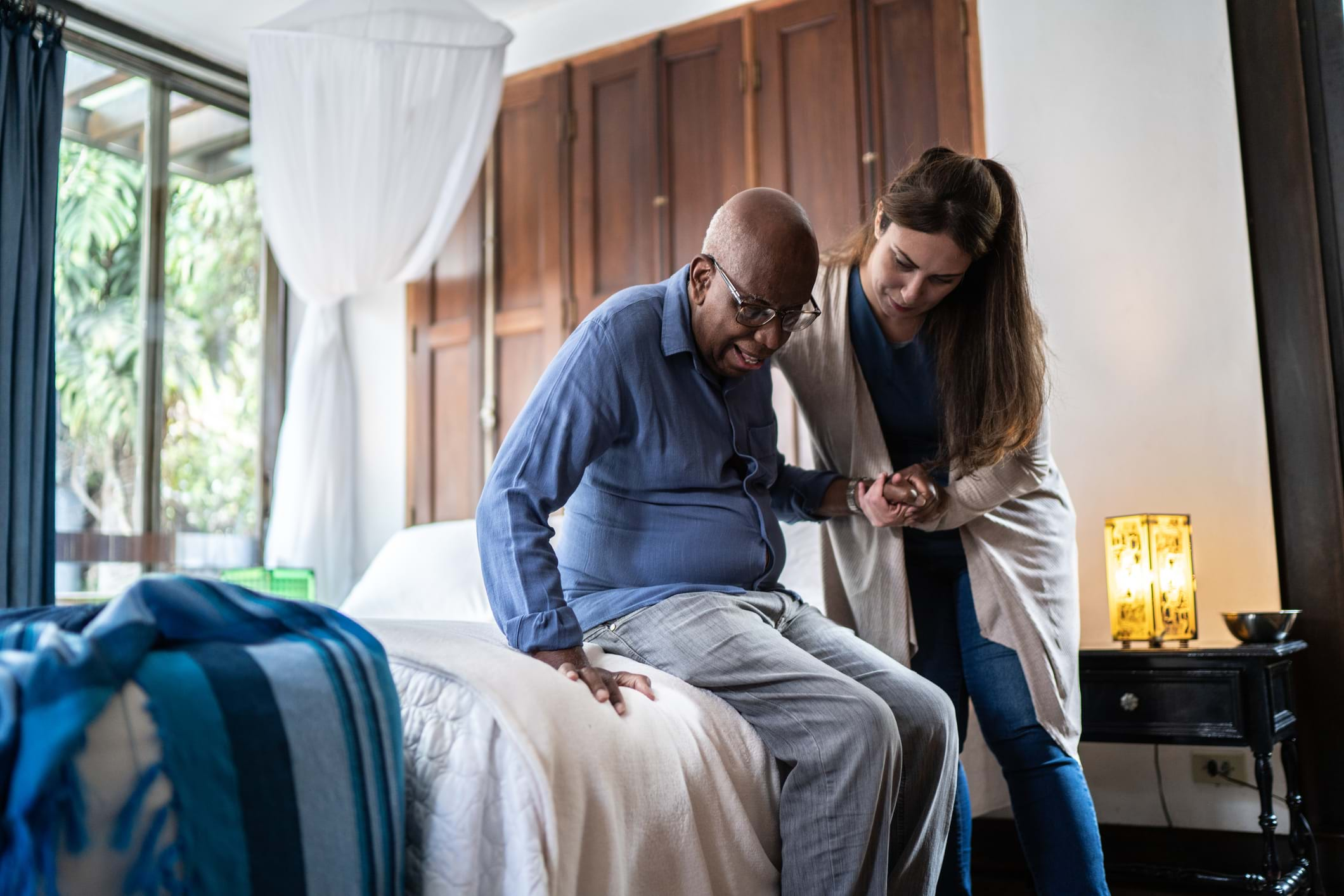Crane collapses on construction sites are not uncommon enough. Earlier this year, in a more publicized incident, a large mobile crane collapsed in New York City when construction workers were attempting to secure the crane during windy and snowy conditions. As the operator was in the process of lowering the boom, the crane failed and the boom fell to the street, killing one person and injuring three others. Tragic events such as this recent incident have only driven the point further home among the construction industry that we need to follow required and mandated safety measures to prevent future accidents.
Crane operators and the individuals and entities that supervise them should adhere to not only federal regulations set forth by the Occupational Safety and Health Administration (OSHA) when operating a crane, but the particular crane manufacturer’s safety guidelines and applicable industry consensus standards, such as those developed by the American Society of Mechanical Engineers (ASME).
According to a report published by The Center to Protect Workers’ Rights (CPWR) titled “Crane-Related Deaths in Construction and Recommendations for Their Prevention,” the leading causes of fatalities in crane accidents were:
- Electrocution from contact/encroachment with overhead power lines
- Struck by a load being handled by a crane
- Struck by a crane or a part of a crane
- Crane collapse
- Caught in/between parts of a crane
Crane Collapse Prevention Tips
So what can you do to prevent a crane collapse or accident on your projects?
- Ensure the personnel who can most affect the safety of crane operations are adequately trained and qualified to do what they’re doing. This includes, but isn’t limited to, operators, riggers, and signal persons.
- Ensure the crane is inspected, maintained, and set up in accordance with the crane manufacturer, OSHA, and ASME’s requirements.
- Follow OSHA and ASME standards, particularly with regard to crane operations in proximity to power lines.
- Complete an appropriately detailed crane hoist plan in advance to ensure the hoisting operation is planned and the necessary details have been considered and provided for in the plan.
Lastly, don’t assume because you’re renting a crane with an operator that the crane rental firm will run point with ensuring safe crane operation. Quite likely, the rental agreement you’ll sign will have tough indemnification language that places you, the renter, in the position of responsibility and liability for ensuring that the necessary conditions and requirements are in place and maintained while the crane is in your care. Don’t take chances — make sure, and make it safe.

Philadelphia, PA, 19102







